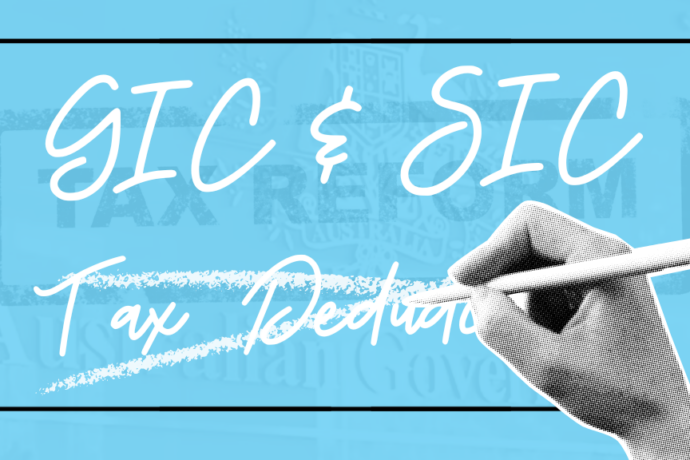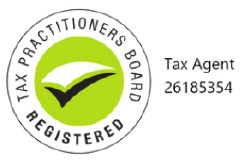Can a director become personally liable for a company’s unpaid taxes and how can you avoid this?
Home » Blog » ATO debt management » Can a director become personally liable for a company’s unpaid taxes and how can you avoid this?

Table of Contents
A director’s ATO responsibilities
As the director of a company, you are responsible for ensuring that the company meets its ATO
obligations, including its pay as you go withholding (PAYGW), goods and services tax (GST) and
superannuation guarantee contribution (SGC) obligations.
If your company fails to meet these obligations by their due dates then the ATO may take action to
recover any outstanding amounts from you personally through the ATO’s Director Penalty Regime.
What is a Director Penalty Notice?
A Director Penalty Notice (DPN) may be issued to you personally in your capacity as company
director, if the company has outstanding taxation obligations in respect of, amongst other things,
PAYGW, GST and SGC. The director penalty will be equivalent to the amounts of the outstanding
taxation obligations of the company.
There are two types of DPNs, one of which provides the company and its directors with a short
window (21 days) to take certain steps so as to have the ATO remit the director penalty. If, however,
the company has also been delinquent in its lodgements, outside of specified and strict timeframes,
then this ability to have the director penalty remitted will not be available.
The ATO can also issue DPNs, in appropriate circumstances, to directors of companies that have
been wound up, or liquidated. We see this regularly and can occur months and even years after the
company liquidation has been completed.
What can the ATO do to recover the outstanding taxes from you as a company director?
Now that the ATO has recommenced its full debt collection activities, post a brief pause during
covid, we are seeing a significant increase in the use of DPNs by the ATO as part of its overall
strategy to reign in outstanding debt and to also ensure businesses become compliant once again.
In this regard, recently the ATO sent letters to 50,000 company directors warning them of their
intention to issue them with a DPN if they fail to engage with the ATO to repay the company’s
outstanding tax debts.
In addition to the usual actions that the ATO can take against a company, often ending in the
liquidation or winding up of the company, the ATO can and does also seek to recover outstanding
taxes (in the areas referred to above) from a company’s current and even past directors. The actions
that the ATO can take against a director personally include the issue of Garnishee Notices (generally
served on a director’s bank or other employer if they have one), the commencement of legal
proceedings and, ultimately, bankruptcy.
What action should a director take?
As the old saying goes, prevention is the best medicine. With this in mind, if you are a director of a
company that is going through ATO debt then early and proper engagement with the ATO on the
company’s behalf, and either paying the debt in full or entering into an ATO payment arrangement
that is both affordable and also acceptable to the ATO, is the best way to avoid the issue of a DPN in
the first place.
If, however, you do receive a DPN then it is critical that you don’t ignore it as there are strict
timeframes that apply to the notice and, as noted above, the ATO has significant enforcement
powers to recover from you and gain access to your personal assets, including for example your
family home. Again, with the proper and early engagement with the ATO this can generally be
avoided.
And with all things, expert advice and assistance will be important so as to ensure that you
understand all of your options and can implement a strategy that provides an optimal and affordable
outcome for you and your family.





